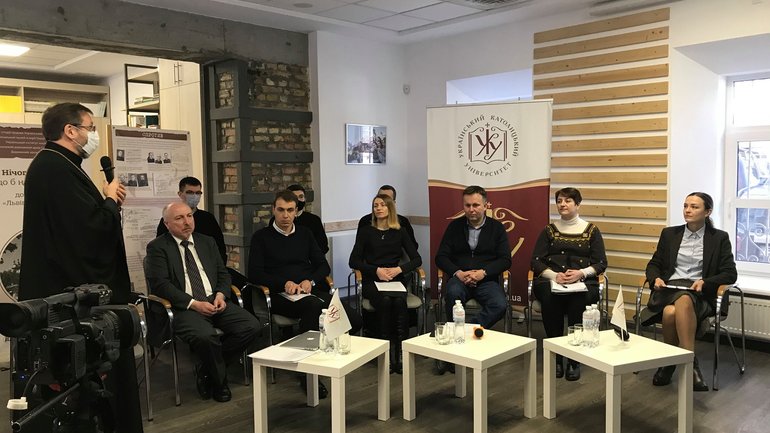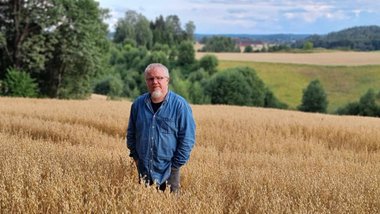Head of the UGCC: Lviv Pseudo-Council is propaganda and fake of the USSR

Patriarch Sviatoslav, addressing the conference participants, noted the importance of studying archives in covering this topic and shared their own and their family's experience of experiencing the times of the underground Church.
According to the head of the UGCC, it was not easy to reach out to the archives classified as "top secret", but thanks to the SBU, conscious people who gave researchers access to these materials a few years ago, the documents became available for study.
Thanks to the work of scientists, the truth has become clear. It is painful and ambiguous for all those who were involved in this event, but, as patriarch Sviatoslav noted, "this is the truth that liberates."
The head of the UGCC expressed gratitude to all those who study the archives and present the truth of those times.
"Instead of history in the USSR, there was propaganda and untruth. Now we also see how there is a culture of lies. So this cathedral was one of those, as we say today, fakes, a very strong fake. A dispassionate scientific methodology will help us free ourselves from that lie today, to truly realize the event that still hurts us," the head of the UGCC addressed the conference participants.
According to him, this conference at the UCU is the result of the fruitful work of scientists in the archives that convey the truth about the Lviv Pseudo-Council and the period of persecution of the UGCC.
"Initially, people did not accept that event. They wanted to protect their priests, whom they knew, with whom they went through the first Soviet occupation, then the German one. Then most of them somehow adapted because they had to survive. There were also very radical groups of people, like the Pokutnyky, who did not want to be influenced by the Bolshevik system at all, and there were such groups in my family. They did not want to take any documents or money from the authorities. But by 1951, they were already exhausted, and then there was a stage when they even separated from the underground Church. Others wanted to live somehow. Khrushchev's times played into the hands of the underground Church. This was pressure on the Russian Orthodox Church, because there were demands for official orthodoxy to submit lists to the authorities about who was baptized, who was married. People began to realize that it was dangerous and look for underground priests who were trusted. And that trust began to feed the structure of the underground church. People began to understand that their church would never betray. Because being a Christian in the USSR was not easy. This is my own experience, not from historiography. This is a living tradition," the head of the UGCC shared his memories.
The conference is attended by about 30 leading experts from Ukraine, Poland, Romania, Slovakia and the USA, representatives of state authorities and church entities. Among the participants are Archbishop Yevstratiy (Zorya) of Chernihiv and Nizhyn of the Orthodox Church of Ukraine, assistant bishop Teodor Martynyuk of Ternopil of the UGCC, scientists: Olena Bogdan, Viktor Yelensky, Viktor Voinalovich, Natalia Shlikhta, Taras Pshenichny, Volodymyr Bureha, ConstantineSigov, Fr. George Kovalenko, Fr. Andriy Mikhaleyko.









